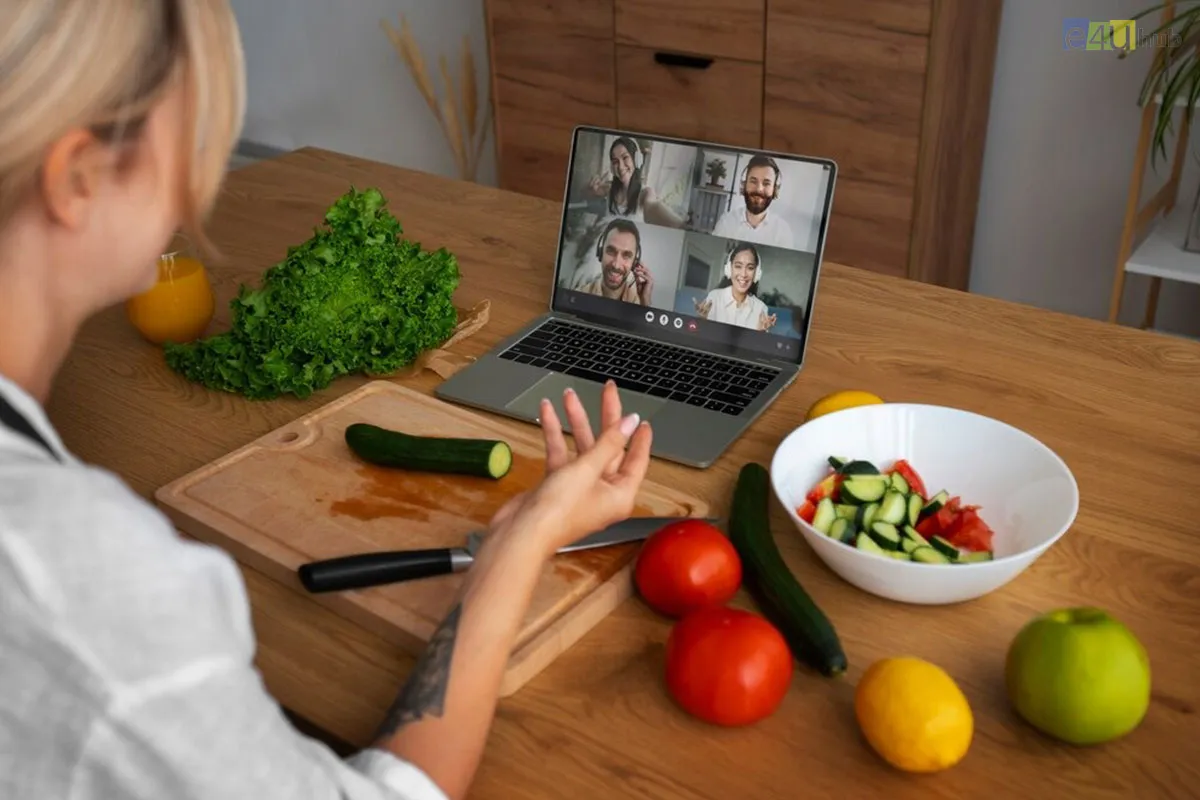
The Rise Of Virtual Cooking Classes in 2024
- 26 Jun, 2024
- Food
- 943 Views
- 0 Comments
The culinary world has undergone a significant transformation in recent years, with one of the most notable trends being the rise of virtual cooking classes. In 2024, these online culinary experiences will be more popular than ever, offering a convenient, accessible, and interactive way for people to learn new cooking skills from the comfort of their kitchens. Let’s explore why virtual cooking classes have become so popular and how they are shaping the future of cooking education.
1. Convenience and Accessibility
a. Learning from Anywhere
One of the main reasons virtual cooking classes have gained such traction is their convenience. No matter where you are in the world, you can join a class with just a stable internet connection and a device. This accessibility opens up opportunities for people who live in remote areas, have busy schedules, or prefer learning from home.
b. Flexible Scheduling
Virtual cooking classes often offer flexible scheduling options, including live sessions, recorded lessons, and on-demand content. This flexibility allows participants to learn at their own pace and fit cooking classes into their busy lives.
2. Diverse Learning Opportunities
a. Variety of Cuisines
With virtual cooking classes, you can explore a wide range of cuisines from around the world. Whether you’re interested in mastering Italian pasta, learning the art of Japanese sushi, or exploring vegan baking, there’s a class for every taste and dietary preference.
b. Expert Instructors
These online platforms bring together top chefs, culinary experts, and food enthusiasts who share their knowledge and passion for cooking. Participants can learn from renowned chefs without the need to travel or attend expensive culinary schools.
c. Interactive Experience
Many virtual cooking classes are designed to be interactive, allowing participants to ask questions, receive feedback, and engage with the instructor and other attendees in real time. This interaction creates a sense of community and makes learning more enjoyable and effective.
3. Cost-Effective Learning
a. Affordable Options
Compared to traditional cooking classes, virtual options are often more affordable. There are classes to fit every budget, from free tutorials and affordable group sessions to premium one-on-one experiences. Additionally, there’s no need to spend money on commuting or lodging.
b. Access to Resources
Many virtual cooking classes provide downloadable resources, such as recipes, shopping lists, and instructional videos, which participants can refer to even after the class is over. This ongoing access to materials adds value and enhances the learning experience.
4. Technological Advancements
a. Enhanced Learning Tools
Advancements in technology have made virtual cooking classes more immersive and engaging. High-quality video production, multiple camera angles, and interactive features such as polls and quizzes enhance the learning experience and make it easier to follow along with the instructions.
b. Augmented Reality (AR) and Virtual Reality (VR)
In 2024, some virtual cooking classes are incorporating AR and VR technologies to create even more immersive experiences. With AR, participants can overlay digital instructions onto their physical cooking space, while VR offers a 360-degree view of the cooking process, making it feel as if they are in the kitchen with the instructor.
5. Building a Global Community
a. Connecting with Food Enthusiasts
Virtual cooking classes bring together people from all over the world who share a common interest in cooking. This global community fosters cultural exchange, allows participants to learn about different culinary traditions, and creates a platform for sharing tips, recipes, and experiences.
b. Supporting Small Businesses
Many local chefs and small culinary businesses have turned to virtual cooking classes as a way to reach a broader audience and sustain their operations. By participating in these classes, you can support small businesses and enjoy unique, personalized culinary experiences.
Conclusion
The rise of virtual cooking classes in 2024 is a testament to the evolving landscape of culinary education. These classes offer a convenient, accessible, and cost-effective way for people to learn new cooking skills, explore diverse cuisines, and connect with a global community of food enthusiasts. With continued advancements in technology, the future of virtual cooking classes looks promising, bringing even more innovative and immersive learning experiences to kitchens worldwide. Whether you’re a beginner looking to learn the basics or an experienced cook seeking to expand your culinary repertoire, virtual cooking classes provide a valuable and enjoyable way to enhance your cooking skills.






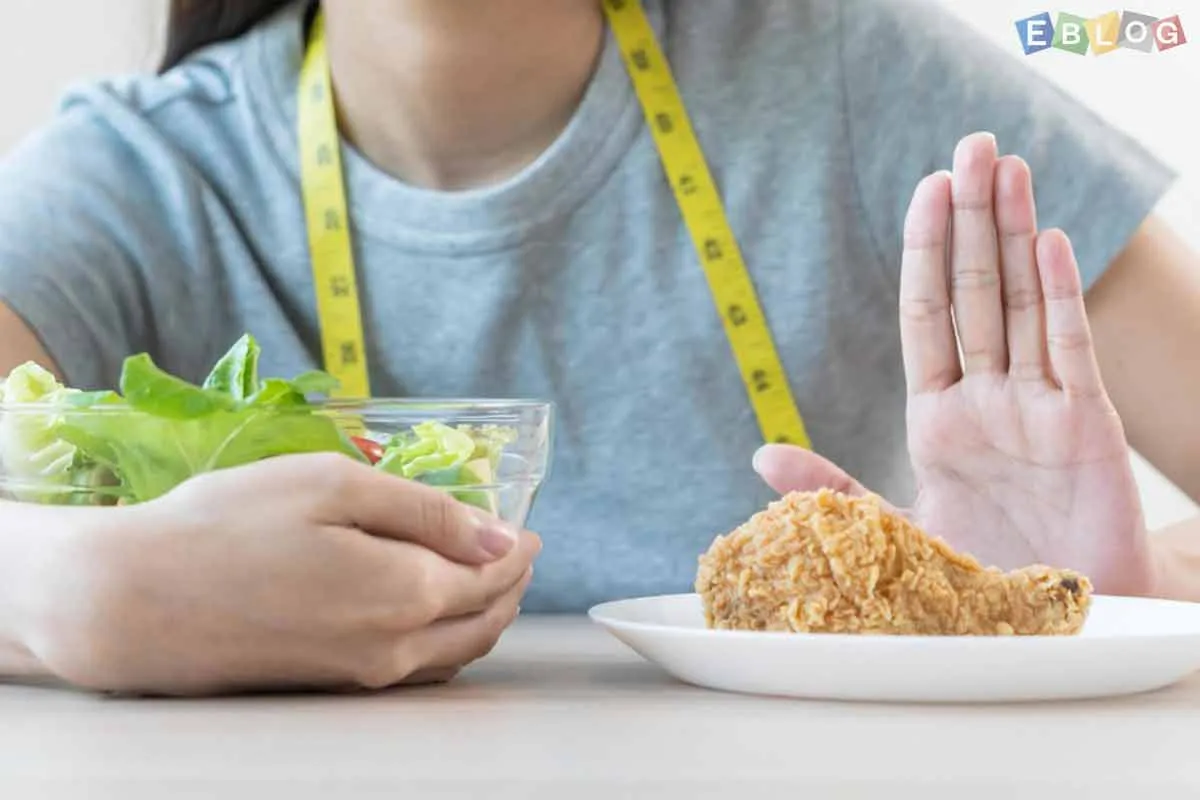
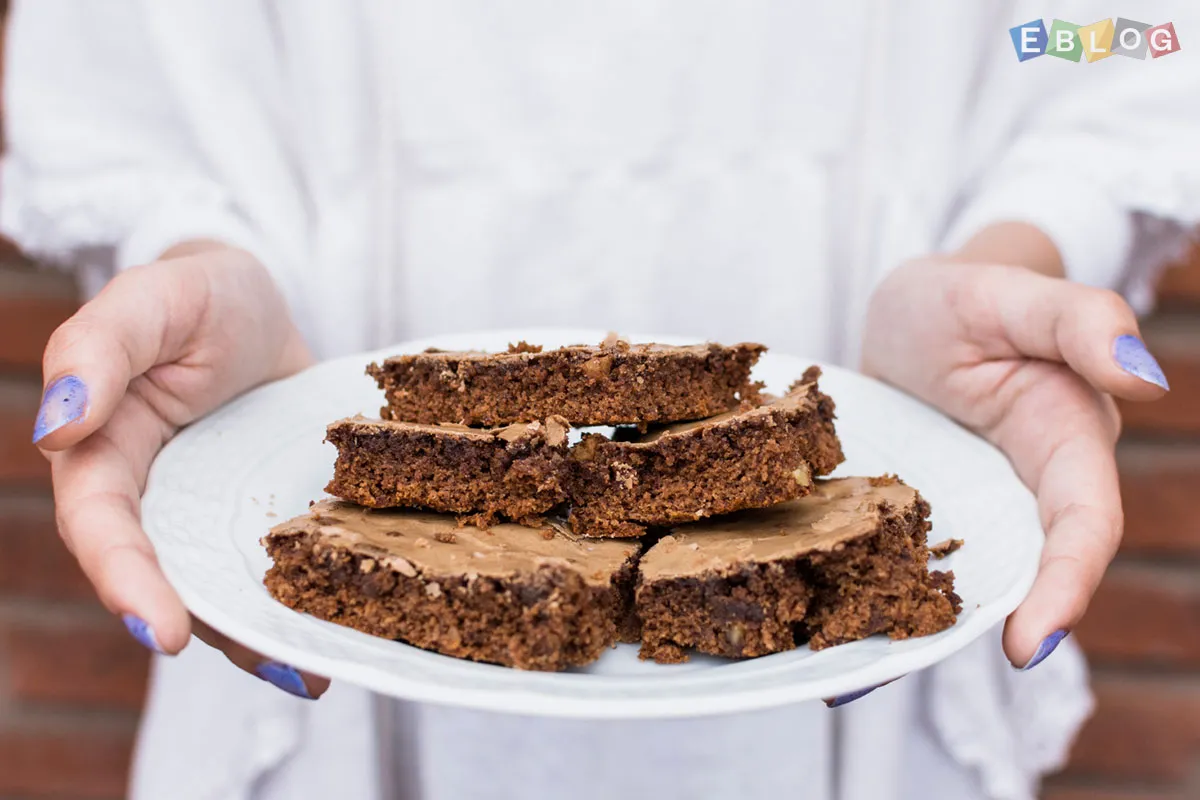

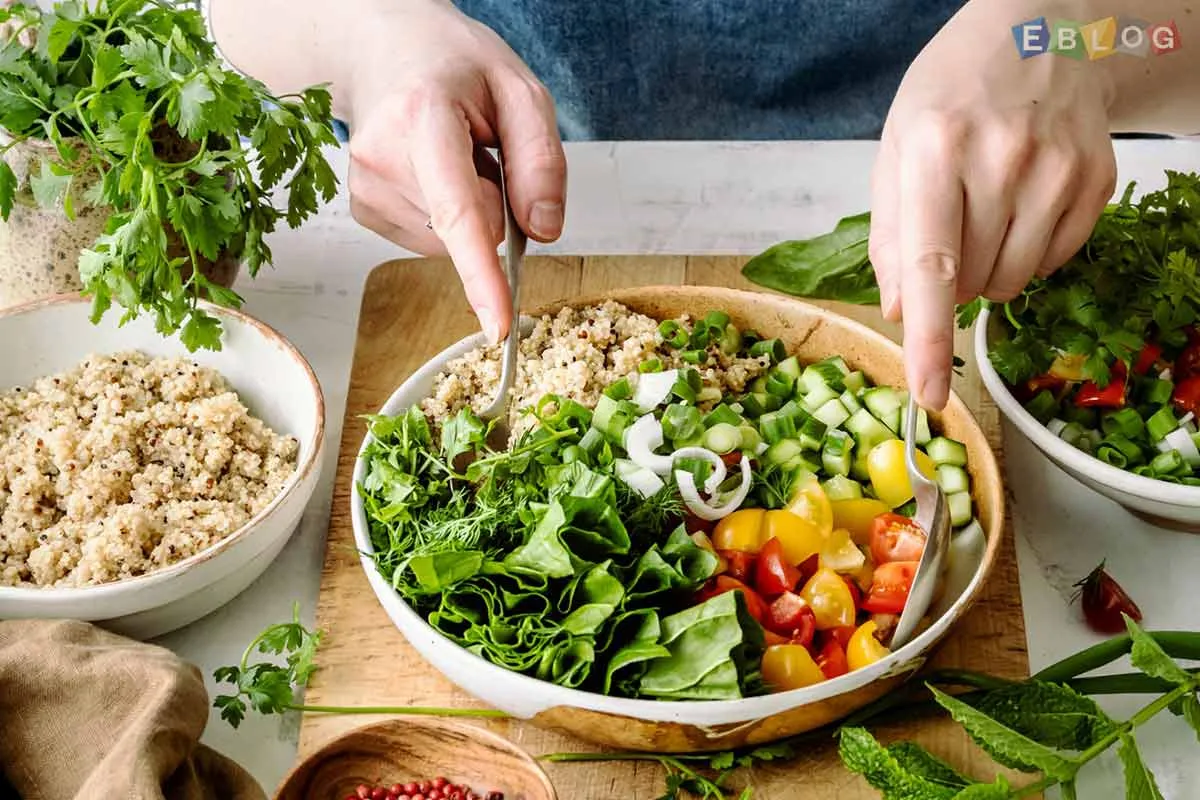
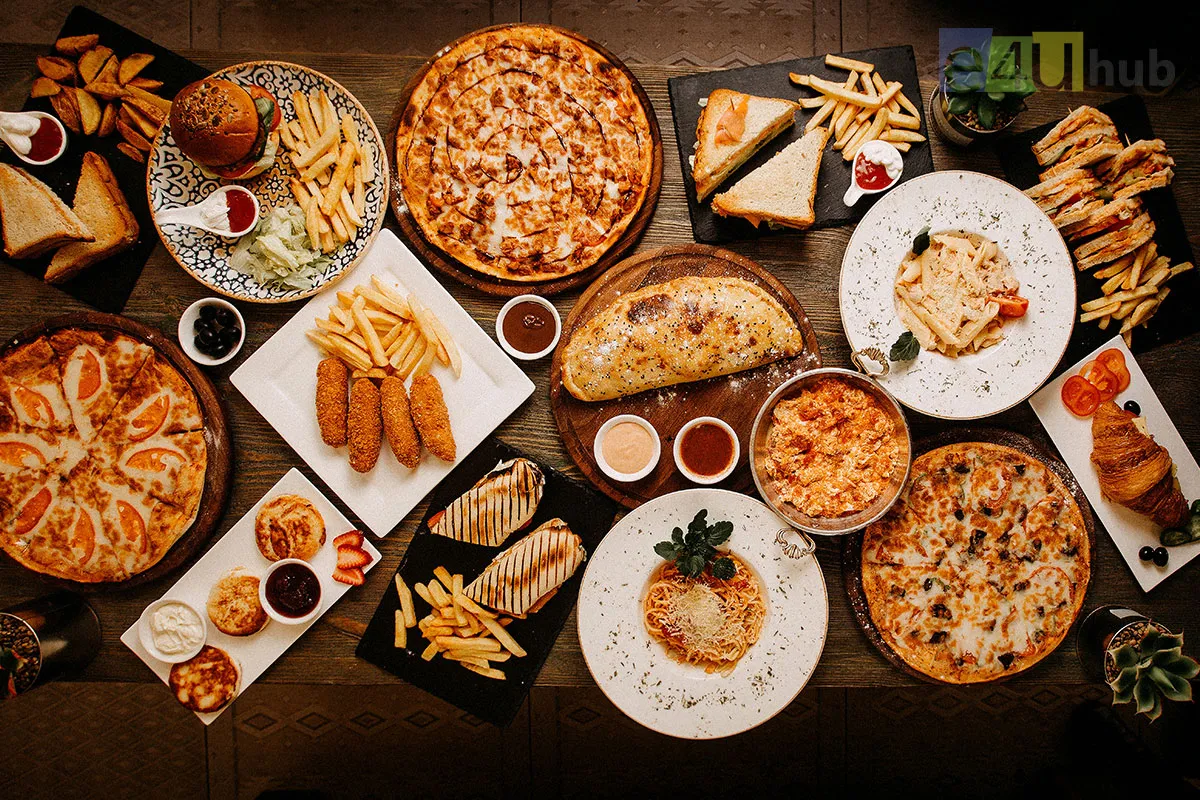
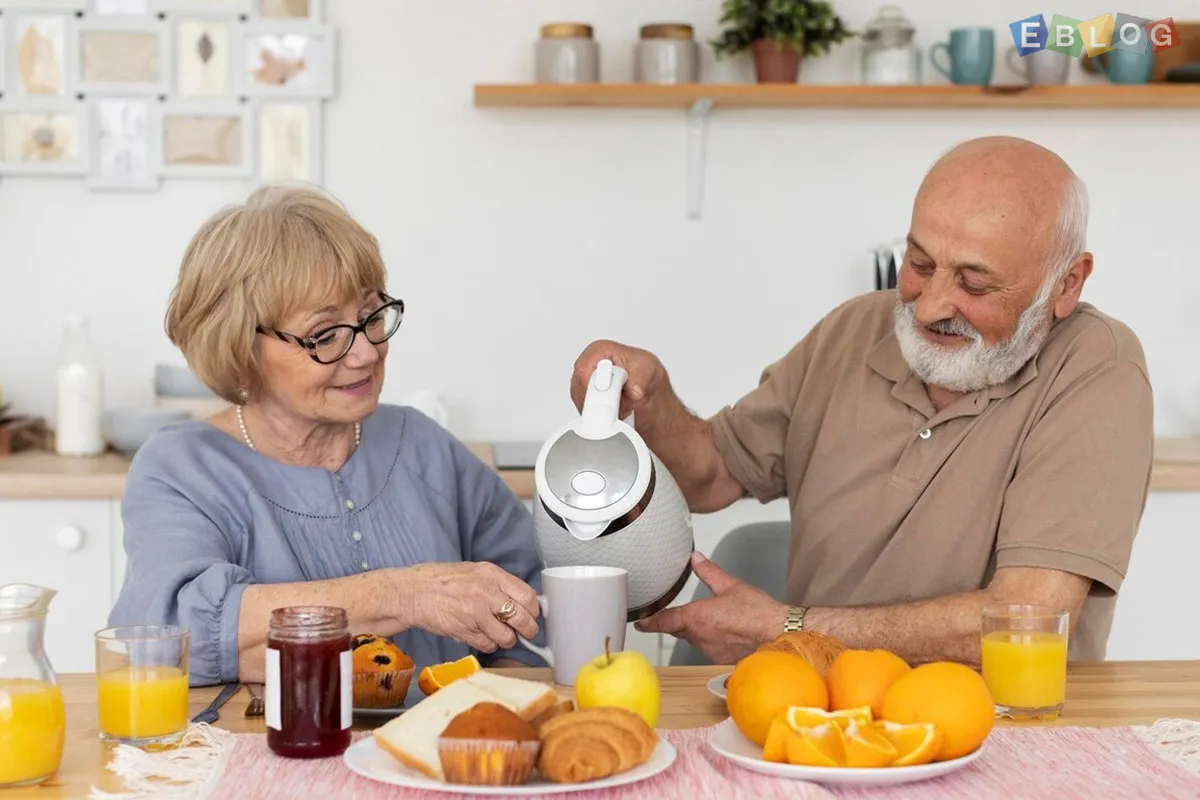
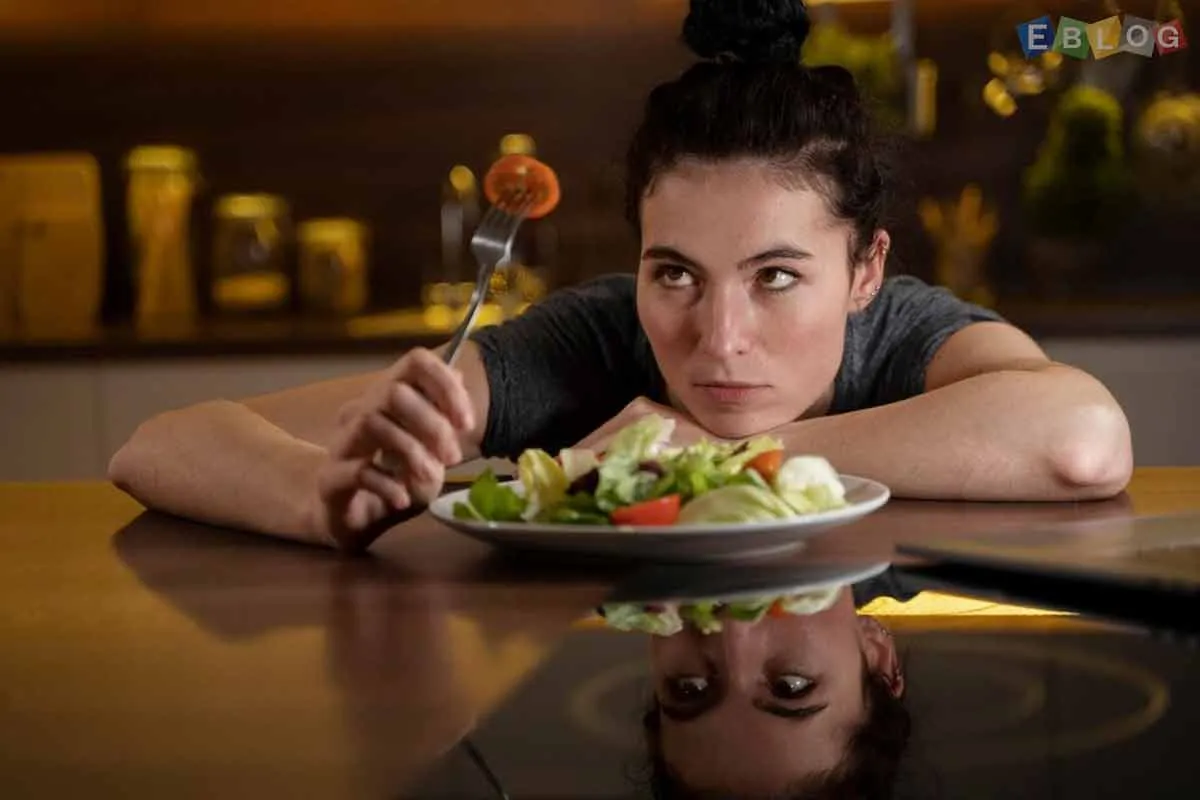


Leave a Reply